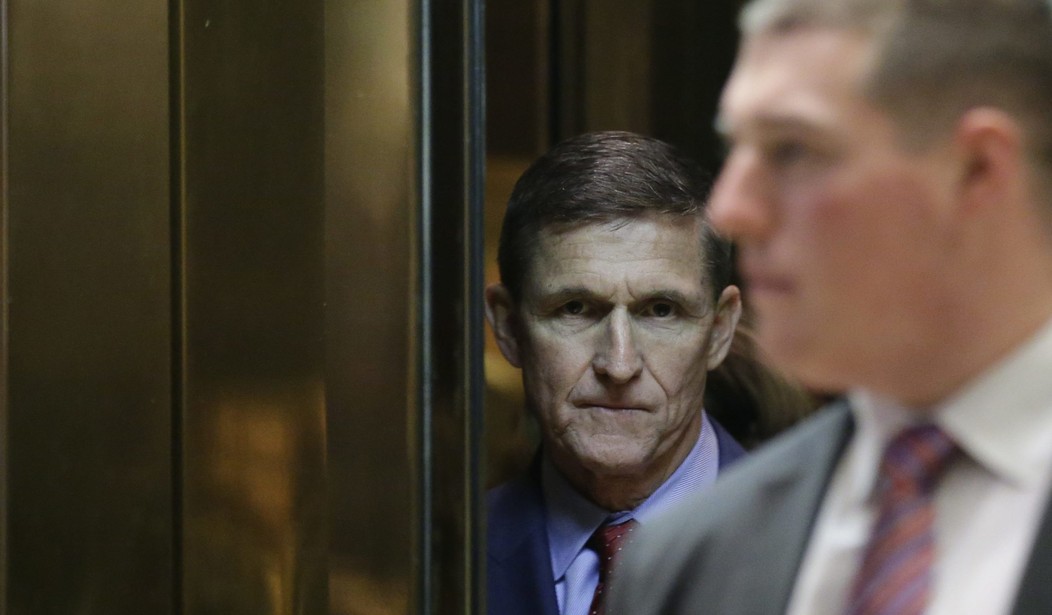President Trump surprisingly remarked he would not have hired Jeff Sessions as attorney general if he had known Sessions would recuse himself from the Russia matter. This generated the usual flow of saliva here in Washington, and I thought it was excessively candid (we knew, long since, that the president didn’t agree with Sessions’ decision, but this went beyond policy disagreement).
This generated all manner of speculation, mostly over how long it would be before we had a new attorney general, and this in turn got me thinking about Trump’s key personnel decisions. Who does he hire? Who does he fire?
I bet you don’t know the name of the head of White House Personnel, which is one of the most powerful positions in Washington. Hint: it’s a he, and he’s got a decidedly Italian name. Look it up. His boss is Reince Priebus, whose name you undoubtedly do know.
I don’t think the Trumps et al. have a solid grasp of Washington. I think that they believe the bureaucracy should salute whenever the president expresses a conviction, and immediately impose his will on the system. Maybe so (elections really do have consequences. Most always). Except Washington doesn’t work that way. The bureaucrats know they will outlast any president. He’ll be gone in four or eight years, but they will still be there. Moreover, it’s almost impossible to fire a civil servant; maybe you can move him down the hall, or even half way around the world, but he’ll still be active. Somewhere. And he may well have friends.
Not so with political appointees, who can be purged. You have no doubt seen the laments from the Trump loyalists about the Obama “holdovers” who continue to work and often participate in some very sensitive meetings. Many of them are now out, but there has been a surprising purge of Trump loyalists, especially in national security, including Mike Flynn, Adam Lovinger, and Robin Townley. You might also count K.T. McFarland in this group. She is awaiting Senate confirmation as ambassador to Singapore, after a stint as deputy NSC head.
This seems to be a pattern: Trump loyalists get fired or, in the case of people brought on board early on, not renewed or transferred to permanent positions.
As Mike Cernovic wrote before the event this spring:
Over 800 Trump supporters hold positions as Schedule C Federal Employees. These positions are temporary, and expire after 120 days.
Fewer than 15% of Trump’s temporary appointees (Schedule C) have been given permanent positions. Their terms are coming up, and they are being sent home.
It doesn’t fit the stereotype of this president, I know. Most people no doubt think of him as a tough guy who doesn’t have much patience with people who don’t do exactly what he wants, but this brief overview suggests otherwise. If you lived here, you’d be hearing what we all hear, namely that the president has lost confidence in his key foreign policy people, and that Tillerson and McMaster are going home soon. But these stories keep circulating, and it doesn’t happen.
It seems, paradoxically, that Trump loyalists have a harder time than the others. Ask Mike Flynn.









Join the conversation as a VIP Member